First Published: 2010
This is a non-fiction book about the Nuremberg trials when the Nazi leaders were judged.
The trials started on 20 November 1945.
The book explains that some of the leaders were not tried because they either committed suicide or fled to South America.
Those who committed suicide were Hitler, Goebbels and Himmler.
Adolf Hitler committed suicide via a gunshot to the head on 30 April 1945 in the Führerbunker in Berlin after it became clear that Germany would lose the Battle of Berlin, which led to the end of World War II in Europe.
On the evening of 1 May, Goebbels arranged for an SS dentist, Helmut Kunz, to inject his six children with morphine so that when they were unconscious, an ampule of a cyanide compound could be then crushed in each of their mouths. At around 20:30, Goebbels and Magda left the bunker and walked up to the garden of the Chancellery, where they killed themselves.
Himmler attempted to go into hiding. On 21 May, Himmler and two aides were stopped and detained at a checkpoint in Bremervörde set up by former Soviet POWs. Over the following two days, he was moved around to several camps and was brought to the British 31st Civilian Interrogation Camp near Lüneburg, on 23 May. Himmler was taken to the headquarters of the Second British Army in Lüneburg, where a doctor conducted a medical exam on him. The doctor attempted to examine the inside of Himmler's mouth, but the prisoner was reluctant to open it and jerked his head away. Himmler then bit into a hidden potassium cyanide pill and collapsed onto the floor. He was dead within 15 minutes.
Those who fled to South America were Adolf Eichmann, Heinrich Mueller and Dr Joseph Mengele.
Otto Adolf Eichmann (19 March 1906 – 1 June 1962) was a German-Austrian official of the Nazi Party, an officer of the Schutzstaffel (SS), and one of the major organisers of the Holocaust. After Germany's defeat in 1945, Eichmann was captured by US forces, but he escaped from a detention camp and moved around Germany to avoid recapture. He ended up in a small village in Lower Saxony, where he lived until 1950 when he moved to Argentina using false papers he obtained with help from an organisation directed by Catholic bishop Alois Hudal.
Heinrich Müller (28 April 1900) was a high-ranking German Schutzstaffel (SS) and police official during the Nazi era. For most of World War II in Europe, he was the chief of the Gestapo. He is the most senior member of the Nazi government whose fate remains a mystery. Author and former British intelligence officer, Adrian Weale, claims that the evidence about Müller indicates that he was most likely killed or committed suicide during the chaotic fall of Berlin, but his body, if recovered, was never identified.
Josef Rudolf Mengele (16 March 1911 – 7 February 1979) was a German Schutzstaffel (SS) officer and physician during World War II at the Russian front and then at Auschwitz during the Holocaust, where he was nicknamed the "Angel of Death".He performed deadly experiments on prisoners at the Auschwitz II (Birkenau) concentration camp, where he was a member of the team of doctors who selected victims to be murdered in the gas chambers, and was one of the doctors who administered the gas. He and his unit then hurried west to avoid being captured by the Soviets, but were taken prisoners of war by the Americans in June 1945. Although Mengele was initially registered under his own name, he was not identified as being on the major war criminal list due to the disorganization of the Allies regarding the distribution of wanted lists, and the fact that he did not have the usual SS blood group tattoo. He was released at the end of July and obtained false papers under the name "Fritz Ulmann", documents he later altered to read "Fritz Hollmann". He eventually escaped from Germany on 17 April 1949, convinced that his capture would mean a trial and death sentence. Assisted by a network of former SS members, he used the ratline to travel to Genoa, where he obtained a passport from the International Committee of the Red Cross under the alias "Helmut Gregor", and sailed to Argentina in July 1949.
The prosecutor in the trials was Robert Jackson. Robert Houghwout Jackson (February 13, 1892 – October 9, 1954) was an American lawyer, jurist, and politician who served as an associate justice of the U.S. Supreme Court from 1941 until his death in 1954. He had previously served as United States Solicitor General and United States Attorney General. Jackson was also notable for his work as Chief United States Prosecutor at the Nuremberg trials of Nazi war criminals following World War II.
From the Russians Major General Iona Nikitchenko was part of the tribunal. Major-General Iona Timofeevich Nikitchenko (28 June 1895 – 22 April 1967) was a Russian judge who served on the Supreme Court of the Soviet Union. He later served on the International Military Tribunal during the Nuremberg trials as a judge for the Soviet Union.
The men who stood trial are the following:
Hermann Wilhelm Göring ( 12 January 1893 – 15 October 1946) was a German politician, military leader, and convicted war criminal. He was one of the most powerful figures in the Nazi Party, which governed Germany from 1933 to 1945.
Ernst Kaltenbrunner (4 October 1903 – 16 October 1946) was a high-ranking Austrian SS official during the Nazi era and a major perpetrator of the Holocaust. Kaltenbrunner was the third Chief of the Reich Security Main Office (RSHA), which included the offices of Gestapo, Kripo and SD, from January 1943 until the end of World War II in Europe. On 12 May 1945 Kaltenbrunner was apprehended in a remote cabin at the top of the Totes Gebirge mountains near Altaussee, Austria. Kaltenbrunner claimed to be a doctor and offered a false name. However, upon their arrival back to town his last mistress, Countess Gisela von Westarp chanced to spot the man being led away; the lady called out and embraced him. This action resulted in their identification and arrest by U.S. troops.
Robert Ley (15 February 1890 – 25 October 1945) was a German politician during the Nazi era, who headed the German Labour Front during its entire existence, from 1933 to 1945.
Wilhelm Frick (12 March 1877 – 16 October 1946) was a convicted war criminal and prominent German politician of the Nazi Party who served as Minister of the Interior in Adolf Hitler's cabinet from 1933 to 1943 and as the last governor of the Protectorate of Bohemia and Moravia.
Hans Michael Frank (23 May 1900 – 16 October 1946) was a German politician, war criminal, and lawyer who served as head of the General Government in German-occupied Poland during the Second World War. Frank was captured by American troops on 4 May 1945, at Tegernsee in southern Bavaria. He attempted suicide twice.
Julius Sebastian Streicher (12 February 1885 – 16 October 1946) was a member of the Nazi Party and a member of the Reichstag, the national legislature. He was the founder and publisher of the virulently antisemitic newspaper Der Stürmer, which became a central element of the Nazi propaganda machine.
Alfred Ernst Rosenberg (12 January 1893 – 16 October 1946) was a Baltic German Nazi theorist and ideologue. He was the head of the NSDAP Office of Foreign Affairs during the entire rule of Nazi Germany (1933–1945). During World War II, Rosenberg was the head of the Reich Ministry for the Occupied Eastern Territories (1941–1945).
Franz Joseph Hermann Michael Maria von Papen (29 October 1879 – 2 May 1969) was a German politician, diplomat, Prussian nobleman and General Staff officer. A national conservative, he served as the chancellor of Germany in 1932, and then as the vice-chancellor under Adolf Hitler from 1933 to 1934.
Walther Immanuel Funk (18 August 1890 – 31 May 1960) was a German economist and Nazi official who served as Reich Minister for Economic Affairs (1938–1945) and president of Reichsbank (1939–1945).
Wilhelm Bodewin Johann Gustav Keitel (22 September 1882 – 16 October 1946) was a German field marshal who held office as chief of the Oberkommando der Wehrmacht (OKW), the high command of Nazi Germany's armed forces, during World War II. He signed a number of criminal orders and directives that led to numerous war crimes.
Rudolf Walter Richard Hess (26 April 1894 – 17 August 1987) was a German politician and a leading member of the Nazi Party in Nazi Germany. Appointed Deputy Führer to Adolf Hitler in 1933, Hess held that position until 1941, when he flew solo to Scotland in an attempt to negotiate the United Kingdom's exit from the Second World War.
Arthur Seyss-Inquart (22 July 1892 – 16 October 1946) was an Austrian Nazi politician who served as Chancellor of Austria in 1938 for two days before the Anschluss. His positions in Nazi Germany included deputy governor to Hans Frank in the General Government of Occupied Poland, and Reich commissioner for the German-occupied Netherlands. In the latter role, he shared responsibility for the deportation of Dutch Jews and the shooting of hostages. He instituted a reign of terror, with Dutch civilians subjected to forced labour and the vast majority of Dutch Jews deported and murdered.
Alfred Josef Ferdinand Jodl (10 May 1890 – 16 October 1946) was a German Generaloberst who served as the Chief of the Operations Staff of the Oberkommando der Wehrmacht – the German Armed Forces High Command – throughout World War II.
Albert Speer (19 March 1905 – 1 September 1981) was a German architect who served as the Minister of Armaments and War Production in Nazi Germany during most of World War II.
Karl Dönitz (16 September 1891 – 24 December 1980) was a German navy officer who, following Adolf Hitler's suicide, succeeded him as head of state in May 1945, holding the position until the dissolution of the Flensburg Government following Germany's unconditional surrender to the Allies days later. As Supreme Commander of the Navy beginning in 1943, he played a major role in the naval history of World War II.
Joachim von Ribbentrop (30 April 1893 – 16 October 1946) was a German politician and diplomat who served as Minister of Foreign Affairs of Nazi Germany from 1938 to 1945.
Konstantin Hermann Karl Freiherr von Neurath (2 February 1873 – 14 August 1956) was a German diplomat and Nazi war criminal who served as Foreign Minister of Germany between 1932 and 1938. In 1932, he was appointed Foreign Minister by Chancellor Franz von Papen, and he continued to hold the post under Adolf Hitler. In the early years of the Nazi regime, Neurath was regarded as playing a key role in Hitler's foreign policy pursuits in undermining the Treaty of Versailles and in territorial expansion in the prelude to World War II.
Hans Fritzsche (21 April 1900 – 27 September 1953) was the Ministerialdirektor at the Propagandaministerium of Nazi Germany. He was the preeminent German broadcaster of his time, as part of efforts to present a more popular and entertaining side of the Nazi regime, and his voice was recognised by the majority of Germans.
Erich Johann Albert Raeder (24 April 1876 – 6 November 1960) was a German admiral who played a major role in the naval history of World War II. He attained the highest possible naval rank, that of grand admiral, in 1939.
Baldur Benedikt von Schirach (9 May 1907 – 8 August 1974) was a German politician who served as head of the Hitler Youth from 1931 to 1940. From 1940 to 1945, he was the Gauleiter (district leader) and Reichsstatthalter (Reich governor) of Vienna.
The Grand Hotel in Nuremberg is where the procution team stayed as it was the only building with electric light and hot running water.
The trials took place in the Palace of Justice.
Airey Neave was the officer to hand in the indictments to all prisoners. Lieutenant Colonel Airey Middleton Sheffield Neave (23 January 1916 – 30 March 1979) was a British soldier, lawyer and Member of Parliament (MP) from 1953 until his assassination in 1979.



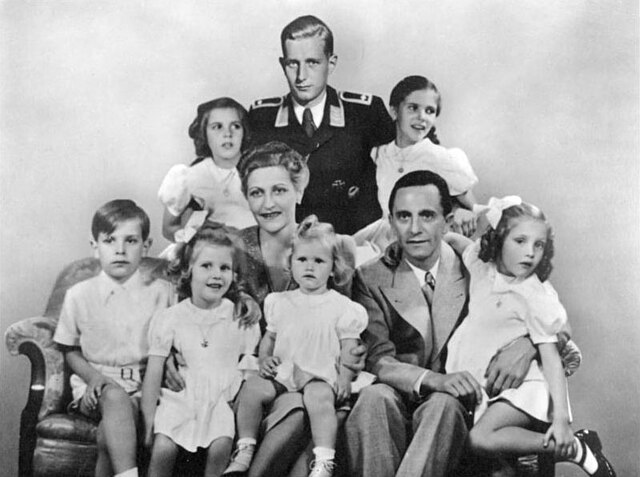

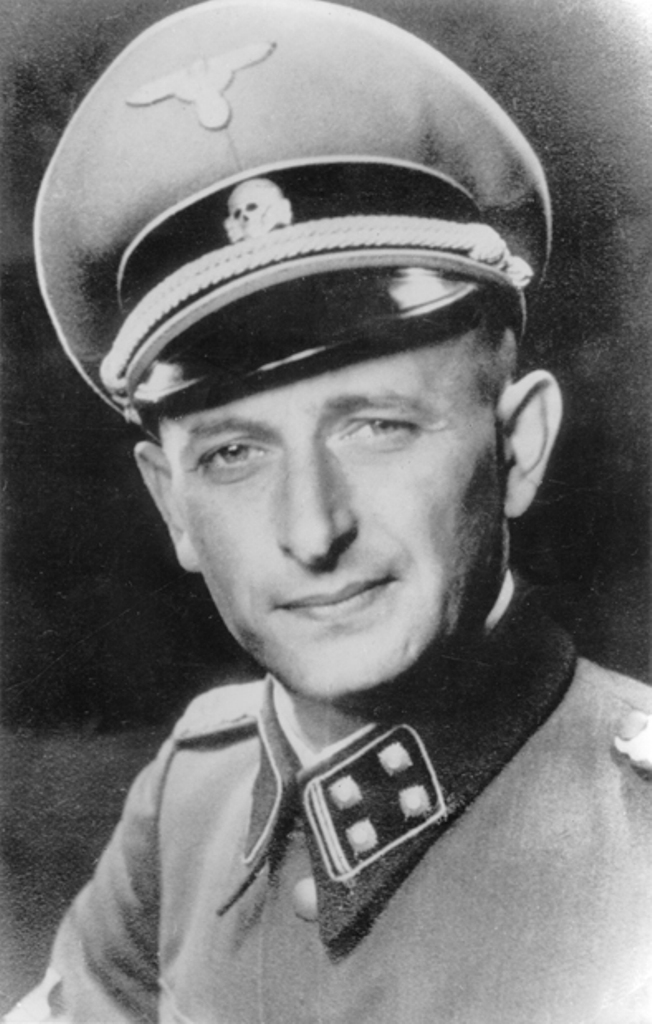

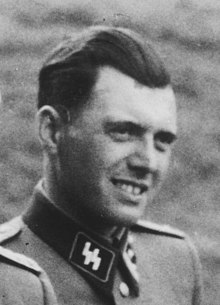
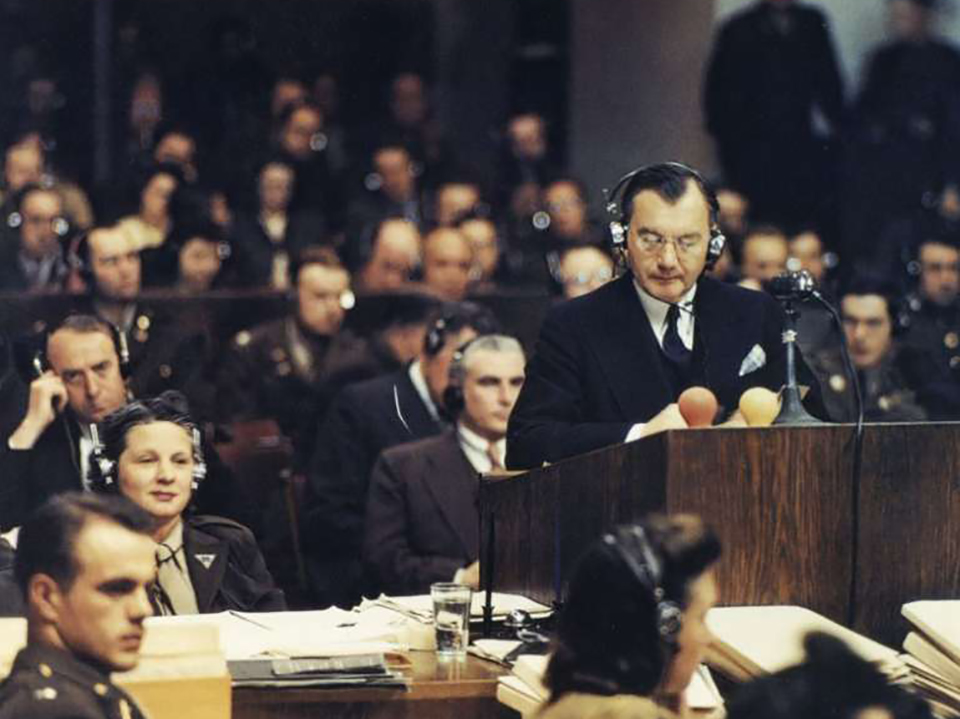


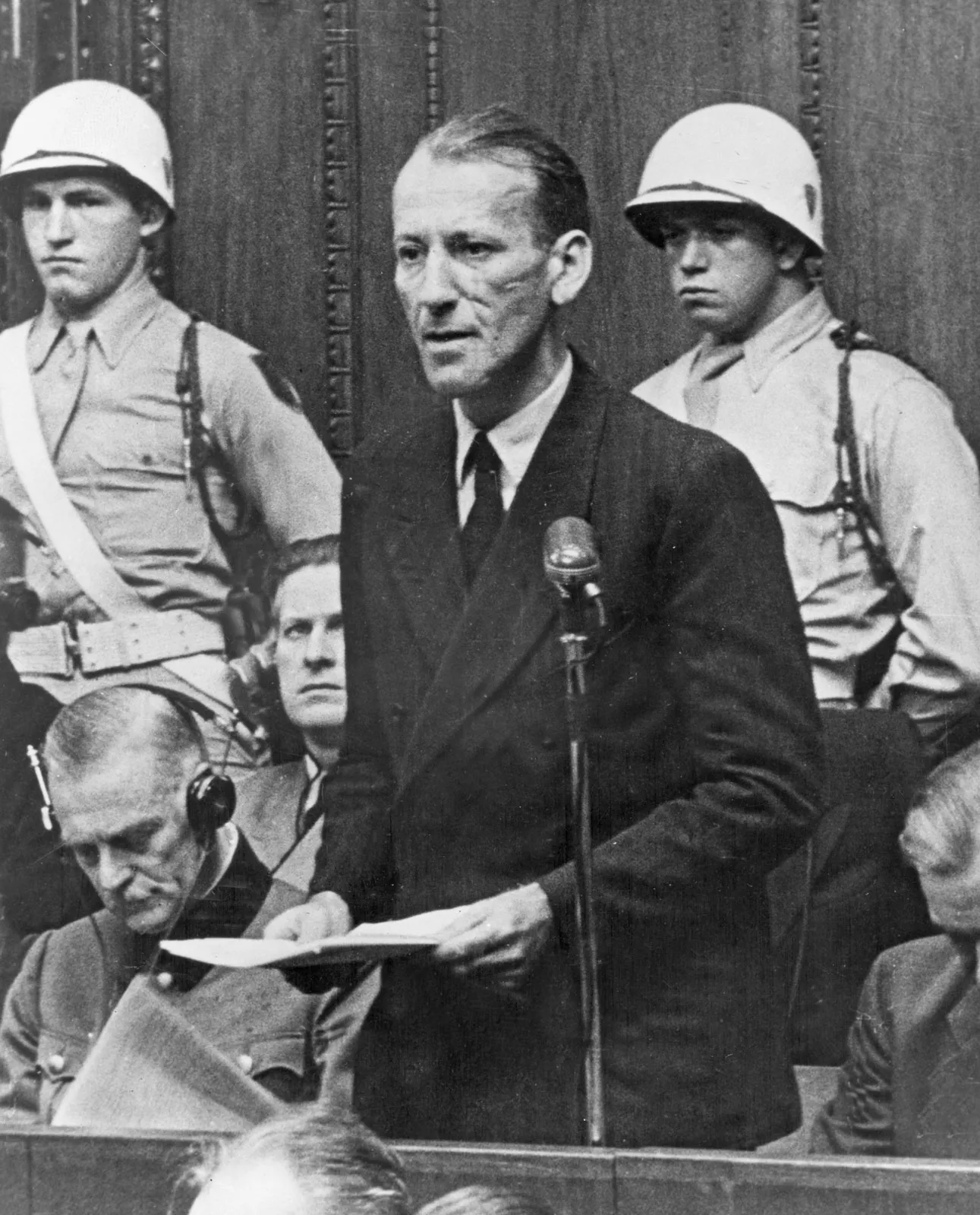



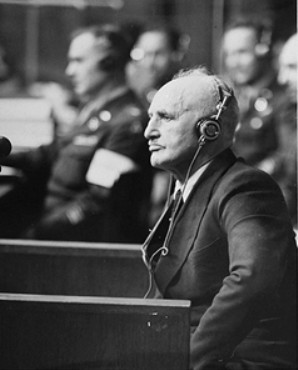
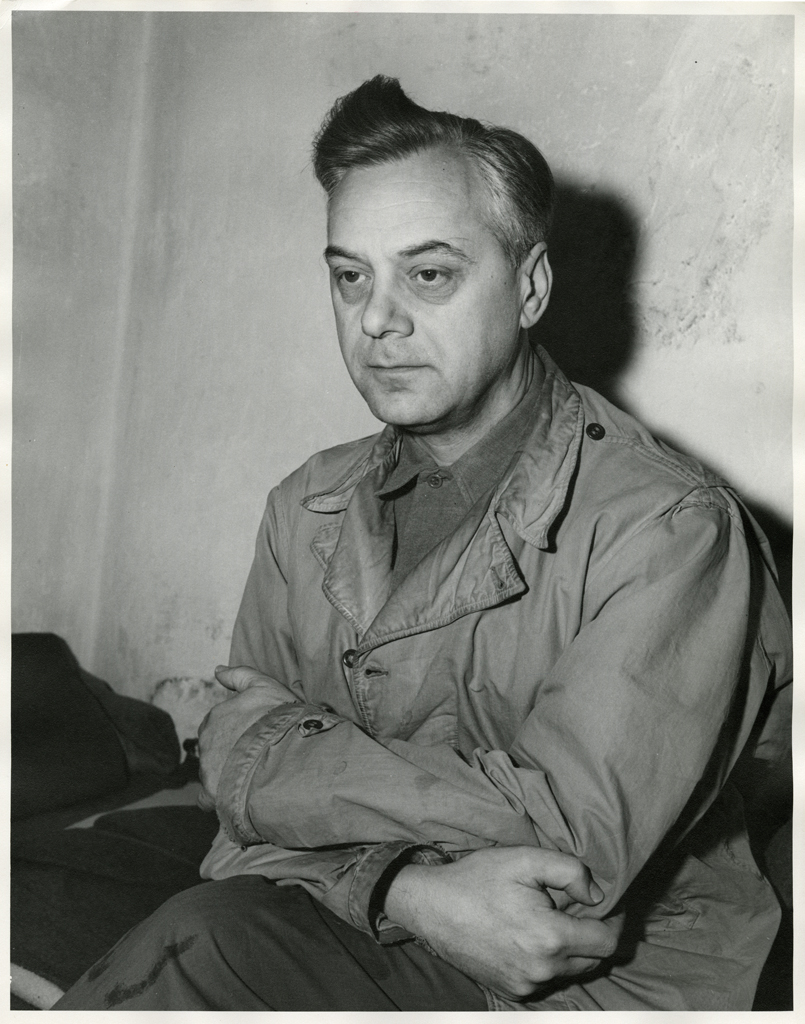


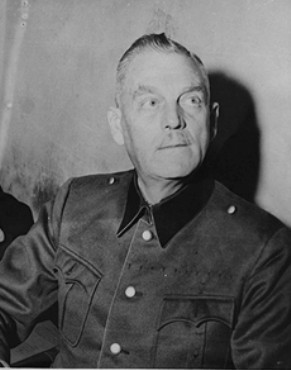
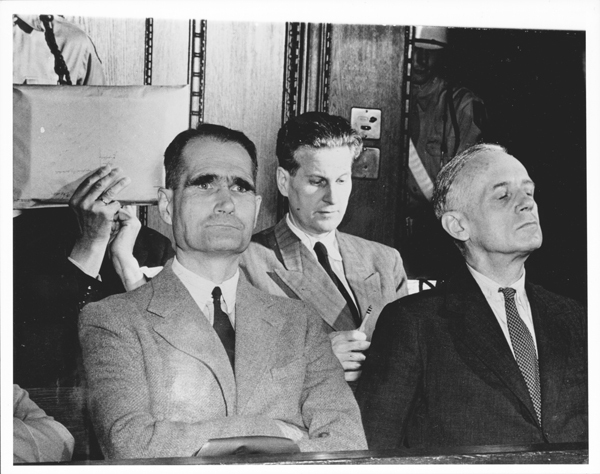







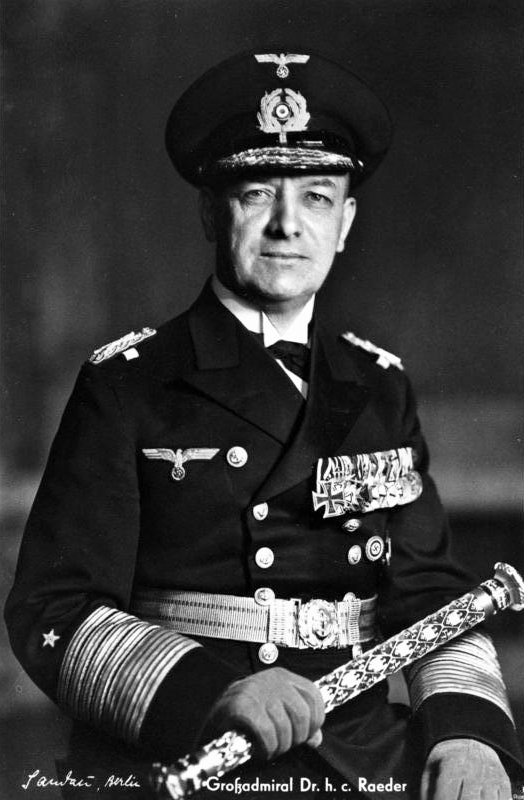



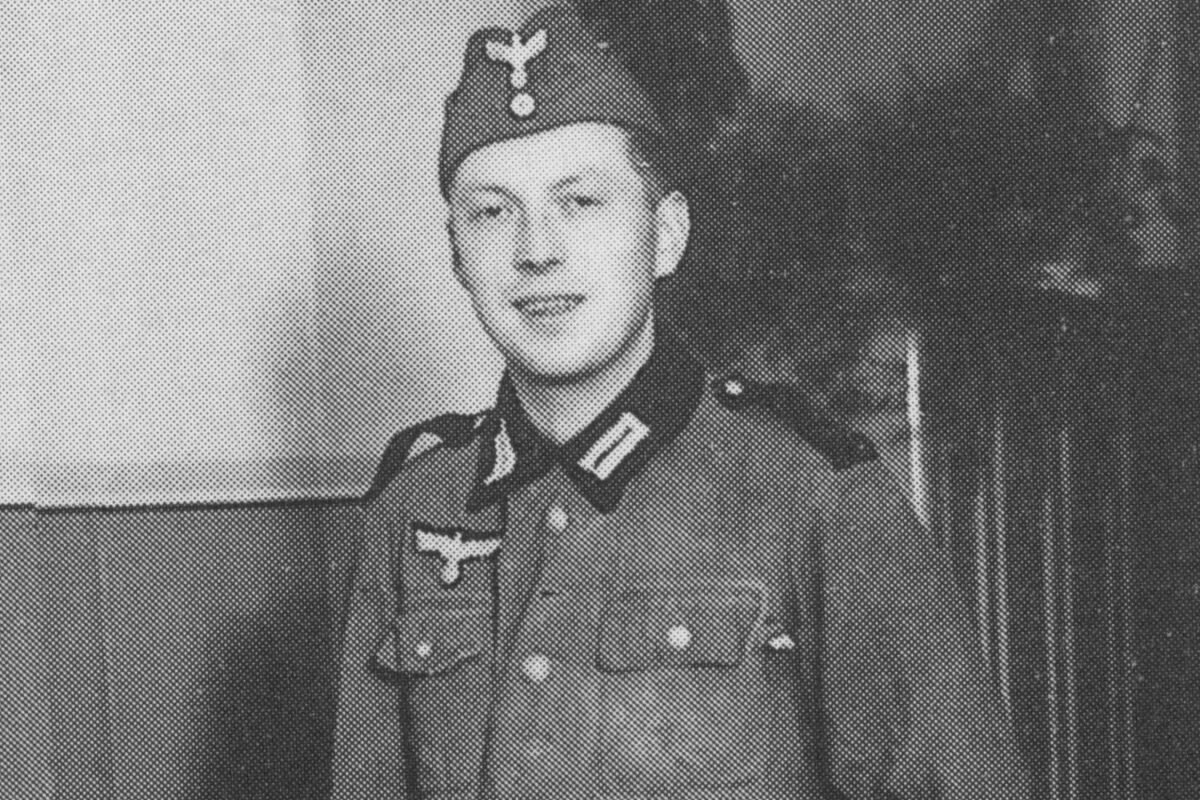
No comments:
Post a Comment